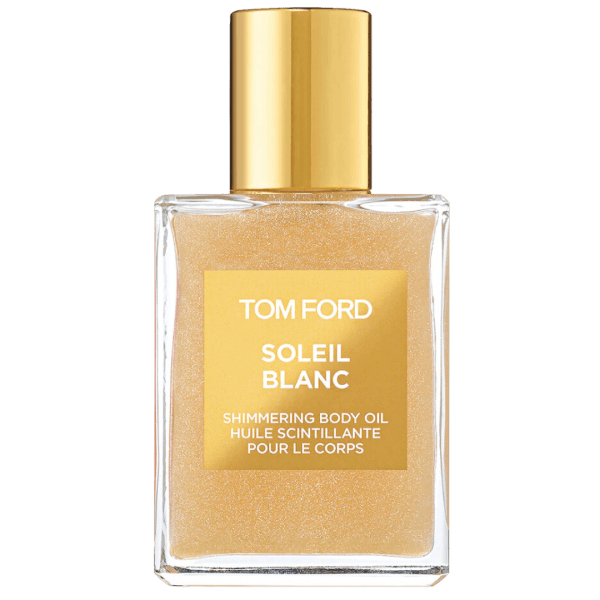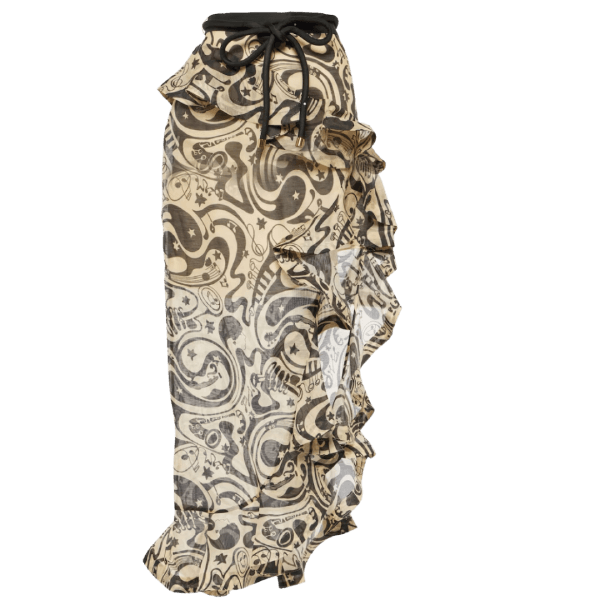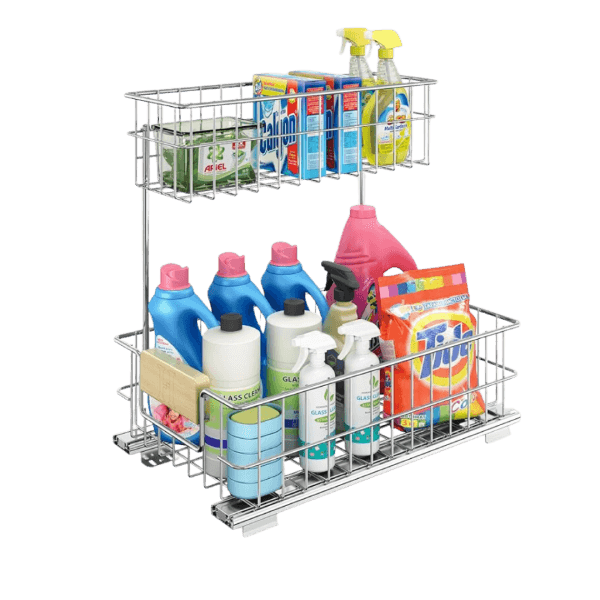

Lean Turkey and Veggie Scramble for a Healthy Morning
Facebook Instagram Youtube Pinterest



Facebook Instagram Youtube Pinterest

Facebook Instagram Youtube Pinterest









Embarking on my husband pescatarian journey led me to Fish Fixe—a game-changer in premium seafood delivery.
No GMOs, no chemicals, no antibiotics—just responsibly sourced goodness.
Unboxing this treasure trove of tuna, crab cakes, shrimp, and more is a delight! Join me in savoring every bite, starting with these mouthwatering crab cakes.
Perfect for a lunch with Mom!
Comment “FISH” for $20 off your first order. 🐟✨ Link in bio too🥰
.
.
.
.
.
.
#SeafoodDelight #FishFix #PremiumQuality #PescatarianLife #justjeannie #fishfixe
...
It’s spring door time! 🌸🌺🌷🌻🌼
Part three of our front porch refresh series is here!
Don’t forget to catch up on the first two reels for the best tips, tricks, and our wreath tutorial. Currently obsessed with these lifelike ferns. Show some love and drop a ‘PORCH’ in the comments for links to the video series. 🌿💐
.
.
.
.
.
.
#justjeannie #springfrontporch #frontporchspringdecor #doormat #LTKSeasonal #LTKhome #LTKstyletip
...
Out with the old, in with the new! 💡
Upgrade to these LED outlet plates for effortless installation and automatic illumination. Streamline your space while keeping it safe and well-lit. Remember to shut down the breaker before installation.
The SnapPower GuideLight 2 for Duplex Outlets offers a four-pack of wall plates with built-in LED night lights. Say goodbye to traditional plug-in night lights—these seamlessly integrate into your electrical receptacle.
With automatic on/off sensors, they activate in low light conditions. Easy to install and space-saving, they’re the perfect solution for enhancing safety and convenience at home.
Comment “LIGHT” and I’ll send you the link directly to your DMs! 💫
.
.
.
.
.
.
#LEDLighting #HomeSafety #SmartHome #Convenience #Efficiency #homedecor #amazonhome # Amazon #diyhome #justjeannie
...
Absolutely adoring this bougie tissue holder! 💙✨
Elevate your display game with our Blue & White Peony Blossom Porcelain Tissue Holder.
Its intricate details and gold accents make it the perfect blend of beauty and functionality.
Check out this spring home decor list curated by me for more fabulous finds: [https://www.amazon.com/shop/jeanniejacobs/list/2619B5J1EM7TH?ref_=cm_sw_r_apin_aipsflist_aipsfjeanniejacobs_MB57WAX8RWG0YS0G1F7N&language=en_US]
.
.
.
.
.
.
#HomeDecor #SpringVibes #TissueHolder #BougieDecor #amazonfinds #amazondeals #justjeannie
...
Continuing with my front porch refresh, discover the art of creating a stunning wood bead wreath that elevates your home decor.
Whether you’re a seasoned crafter or a beginner, follow our easy steps to unleash your creativity and add rustic elegance to any space.
Transform ordinary materials into a captivating centerpiece that will wow your guests. Dive in and let your imagination flourish!
Like and Comment “WREATH” for a link to my full tutorial video.
.
.
.
.
.
.
#CraftingIdeas #WoodBeadWreath #RusticCrafts #HandmadeHome #DecorInspiration #CraftTutorial #CreativeIdeas #DIYProjects #homedecor #diyhomedecor
...
Your home’s porch and front door create the first impression for visitors, so here are some tips!
Sweep off the porch weekly and hose it down every three months.
Instead of chemicals, try using a steam cleaner like @dupray for metal doors—it efficiently removes grime and nests without chemicals. Polish with Old English for a shiny finish. This new method can cut your cleaning time from 2 hours to just 20 minutes!
Regularly inspect all doors for maintenance issues, especially checking for corrosion on metal ones, and ensure weather stripping is intact.
.
.
.
.
.
#spring #springcleaning #springcleaningtips #frontporch #justjeannie #homediy #diy #springrefresh
...
Embrace the transformation, ladies!
Menopause isn’t a crabby phase—it’s a time of renewal, discovering strengths, and embracing even more fabulousness.
Be kind to yourself, let grace and wisdom shine. We’re simply being our best selves.
For the full recipe of empowerment, head to my YouTube channel: https://youtu.be/pIxckMXIsgI?si=F22O5Ug042GIWdAc
.
.
.
.
.
.
#justjeannie #recipe #crabfriedrice #menopausesupport #menopause #menopauseawareness #diyrecipe #quickeasyrecipe
...
Copyright © 2024 Just Jeannie. All rights reserved | Design & Developed By Bitnet Infotech